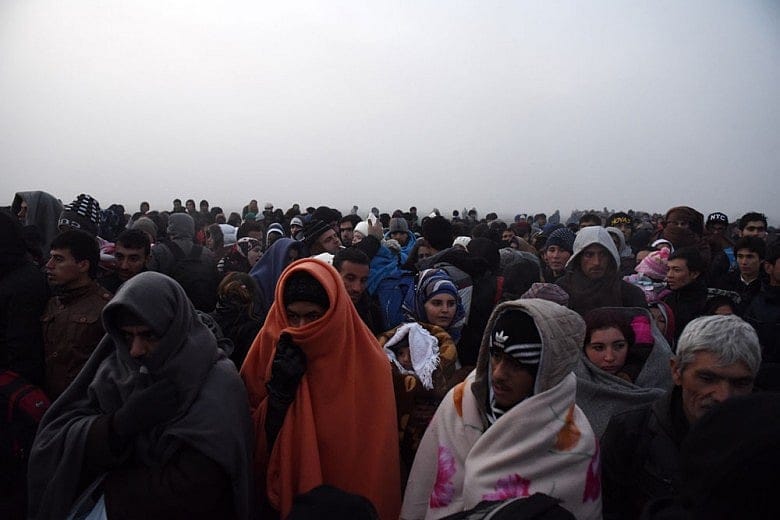Fundamentalism and foreign policy

The Obama administration intends to grant refugee status to 10,000 Syrians. According to the White House's director of communications, 2,171 Syrian refugees have already been admitted to the United States following a rigorous screening process.
Following the Paris attacks, governors of 31 states signed executive order or released statements protesting the Syrian refugee policy. These governors are concerned that the screening measures utilized by the federal government are inadequate. These concerns rest, in part, on reports that at least one of the terrorists in Paris utilized a Syrian passport to obtain entry into France. Seven governors released statements supportive of the current Syrian refugee policy.

